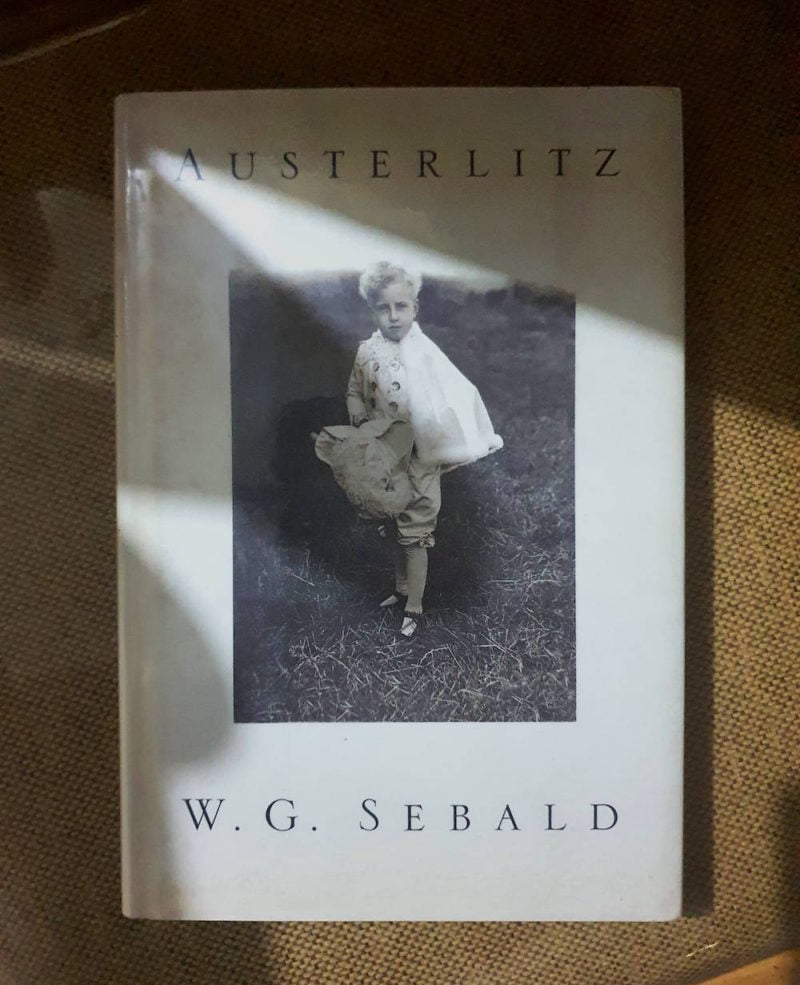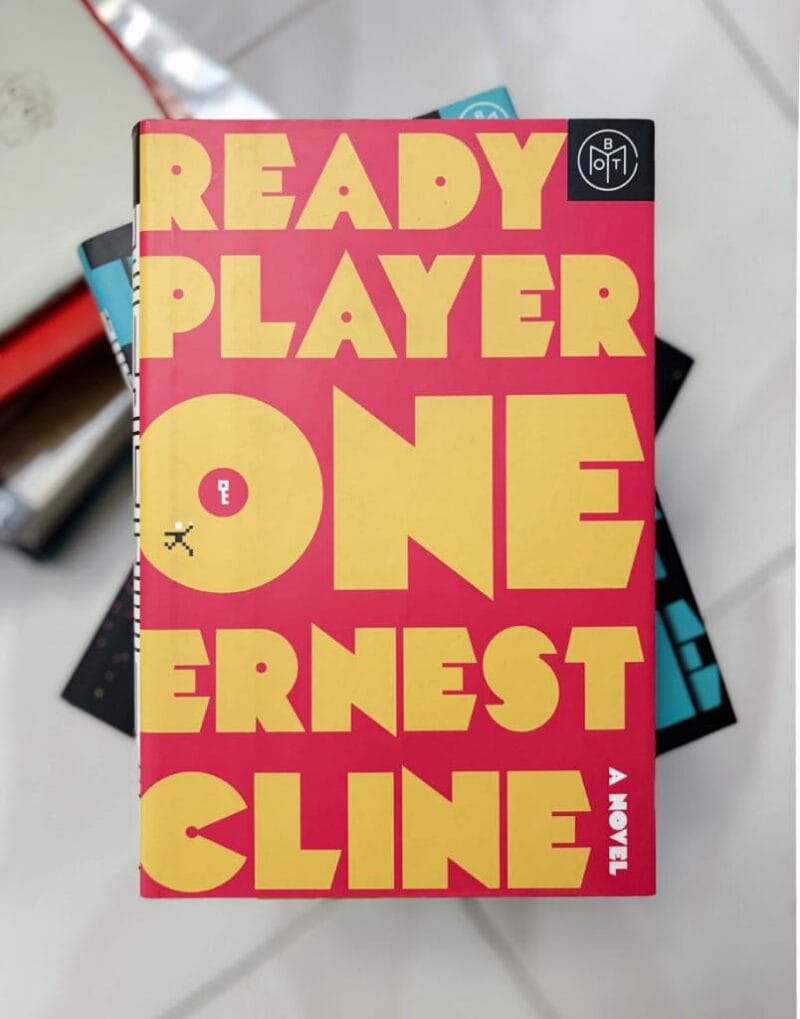Silence (Chinmoku, 1966) is often considered Shusaku Endo’s crowning achievement. Set in the 17th century, this novel chronicles the story of Sebastian Rodrigues, a Portuguese priest who travels to Japan during the height of the country’s horrific persecution of its tiny Christian population. When a Catholic missionary in Japan named Christovao Ferreira left the church, Sebastian set out for him in an attempt to find out what happened.
During this time, feudal rulers are forcing the devout Christians to publicly repudiate their beliefs. Missionaries from the Portuguese Catholic Church and the last of the Japanese Christians were under enormous pressure to abandon their faith. After discovering that their previous instructor, Father Ferreira, apostatized there, Father Rodrigues and Father Garrpe decide to go to Japan.
The novel touches on deep theological themes, particularly the role of faith and forgiveness in the midst of religious oppression. As the story progresses, it questions God’s silence in the face of human suffering and the people’s apathy toward evil. The author examines the subject of what to do when God seems to have abandoned you during times of hardship.
While the book’s subject matter is grim, it is also a story about idealism, about treachery, and the final price idealists pay for their ideals. The book’s title, on the other hand, could be based on another concept. It’s possible that “silence” refers to the Japanese Christians’ habit of secrecy and denial of their beliefs.
Two adaptations of the book have been made for the screen: a 1971 Japanese film directed by Masahiro Shinoda and a 2016 American film directed by Martin Scorsese.
Memorable Quotes
Dismayed by our silence they had now given up pushing at the door, and the sound of their receding footsteps could be heard sadly in the night. Grasping the wooden door with my hands I made as if to go out. Yes, I would go. Even if this was a trap, even if these men were the guards, it didn’t matter. ‘If they are Christians, what then?’ said a voice that beat wildly in the depths of my heart. I was a priest born to devote my life to the service of man. What a disgrace it would be to betray my vocation from cowardly fear.
Page 60, Silence by Shusaku Endo
For some time he remained silent. A fly attempted to lick the perspiration which was flowing down his forehead and then it kept buzzing persistently around his face. As he turned his ears to the dull sound of its wings and felt the warm rays of the sun on his back, a glow of well-being gradually began to penetrate his whole body. At last he had been captured—this was indeed difficult to stomach; but on the other hand he had never expected to find such nonchalance here, and he began to ask himself if it might not all be an illusion.
Pages 122-123, Silence by Shusaku Endo
The priest remained silent, his lifeless eyes fixed on the other. He had a clear recollection of the words the interpreter had cast at him on another occasion, but strangely enough he could not hate the fellow nor even be angry at him. He felt too weary even to hate.
Page 212, Silence by Shusaku Endo
Further Reading
Why Father Rodrigues in Shūsaku Endo’s Silence is such an intriguing character, www.joshuapoh.com
Interpret Carefully: Balancing Caution and Hope in Responding to Shusaku Endo’s Novel Silence by Peter Epps, Christ and Pop Culture
The Troubling Legacy of Shusaku Endo’s Silence by Roy Peachey, First Things
How to Read Shusaku Endo’s Novel Silence by Robert Kolb, Core Christianity




